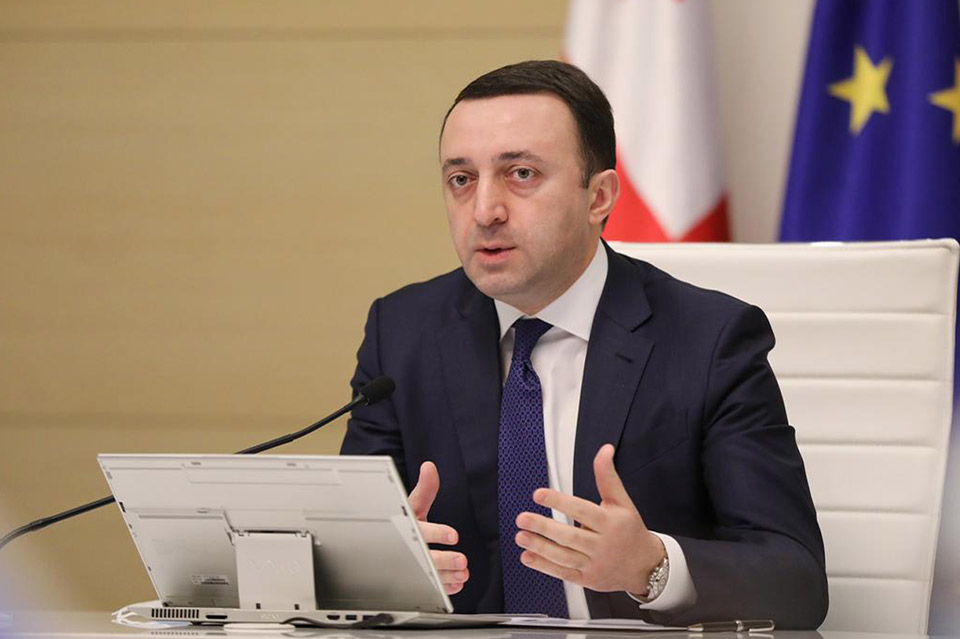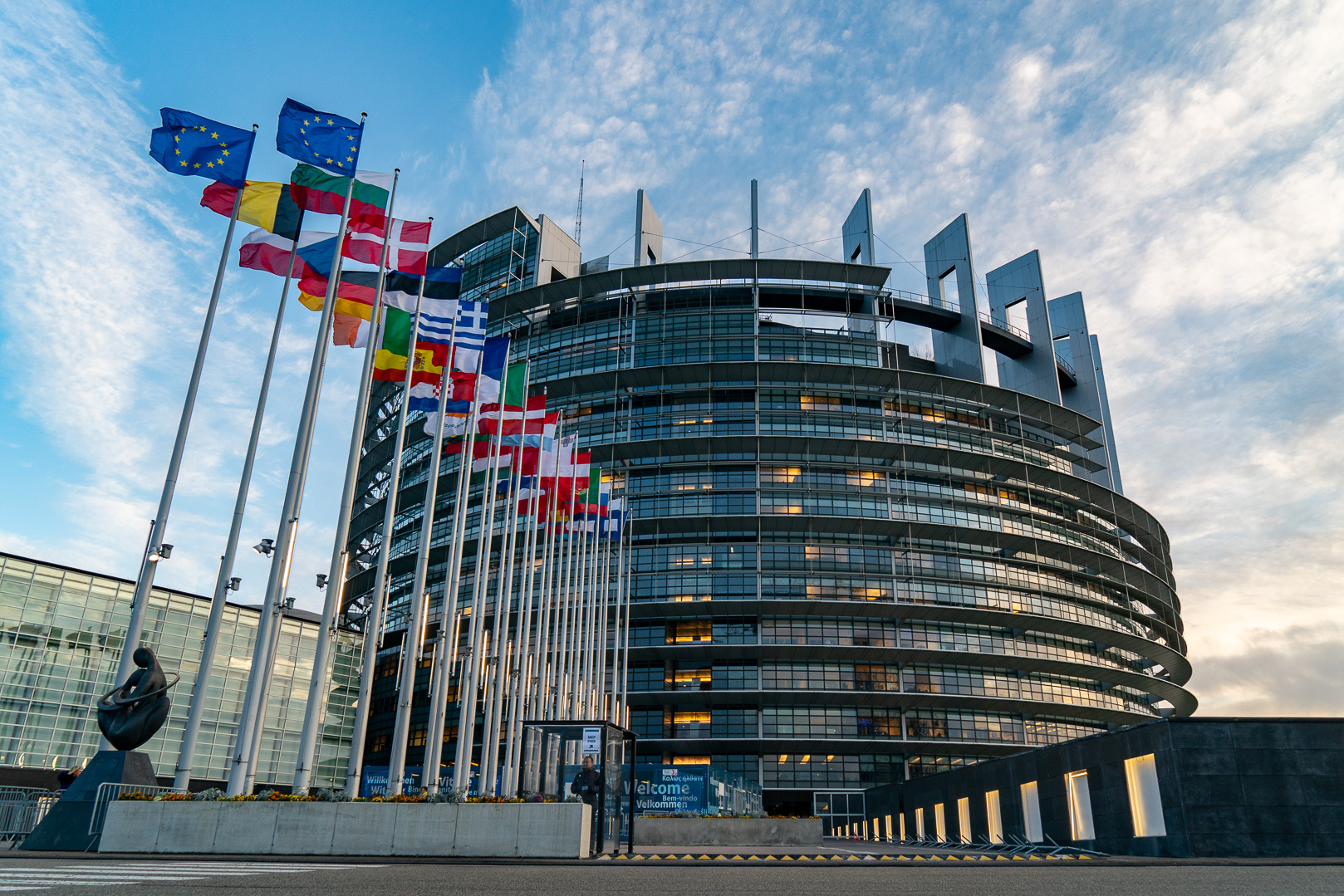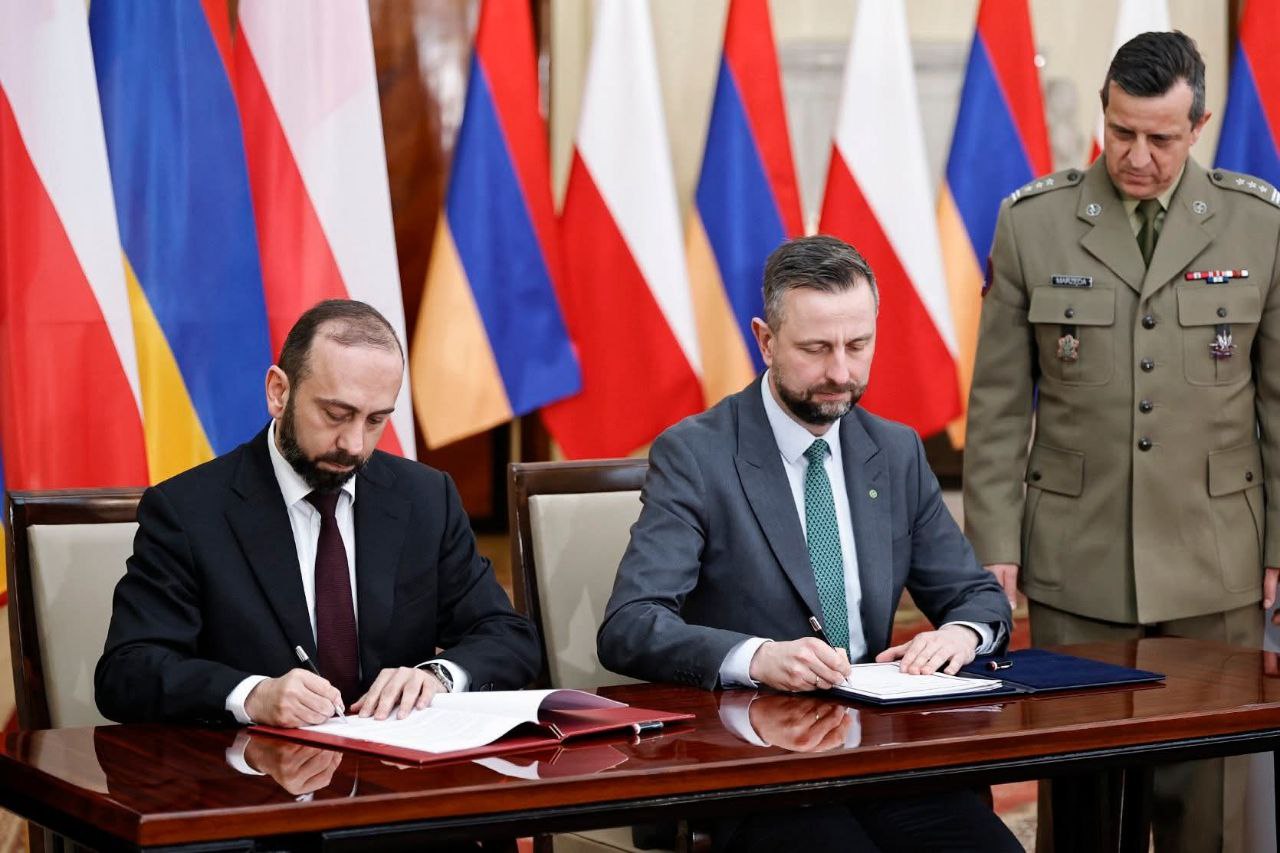Poll: Pro-government media amplify anti-Western narrative in Georgia
Pro-government Georgian TV channel poll spark controversy
Georgian pro-government Imedi TV channel commissioned and aired the poll “What should Georgia do if the West demands participation in the war against Russia?”
A public opinion poll conducted by the research organization GORBI was called misleading and prepared in the style of Russian propaganda.
Criticism of the survey arose in connection with the content and wording of the questions that were asked in the study. One of the questions was about the government’s propaganda about sanctions, EU candidate status, and “attempts to drag Georgia into a war”.
Imedi TV company ordered a public opinion poll. The survey was conducted by the International Center for Public Opinion and Business Research GORBI.
According to the organization, from June 2 to June 7, 2022, 1,001 respondents were interviewed by telephone throughout Georgia. The error is +/- 3 percent.
Such rhetoric has been broadcast on pro-government channels for a long time. However, since the European Parliament adopted a resolution calling for sanctions against Bidzina Ivanishvili, the government’s anti-Western rhetoric has become much more aggressive, open, and outspoken, opponents of the government say.
- “Worth nothing”, “Fake” — Georgia on Brussels’ resolution on EU member status
- “Ukraine is repsonsible for the war it is losing” – who spreads pro-Russian propaganda in Georgia‘
- Op-ed: Who is speculating on the fear of war in Georgia and why?
In addition to questions about the course of the country, the organization also asked respondents questions about the imprisoned Georgian President Mikheil Saakashvili. Namely – is it fair that he is serving a sentence?
What GORBI asked respondents
Question #1: In your opinion, how much does Georgia deserve the status of an EU candidate today?
Results: 85.9% of respondents think it deserves it; 10.9% think it doesn’t deserve it; 3.2% say they don’t know.
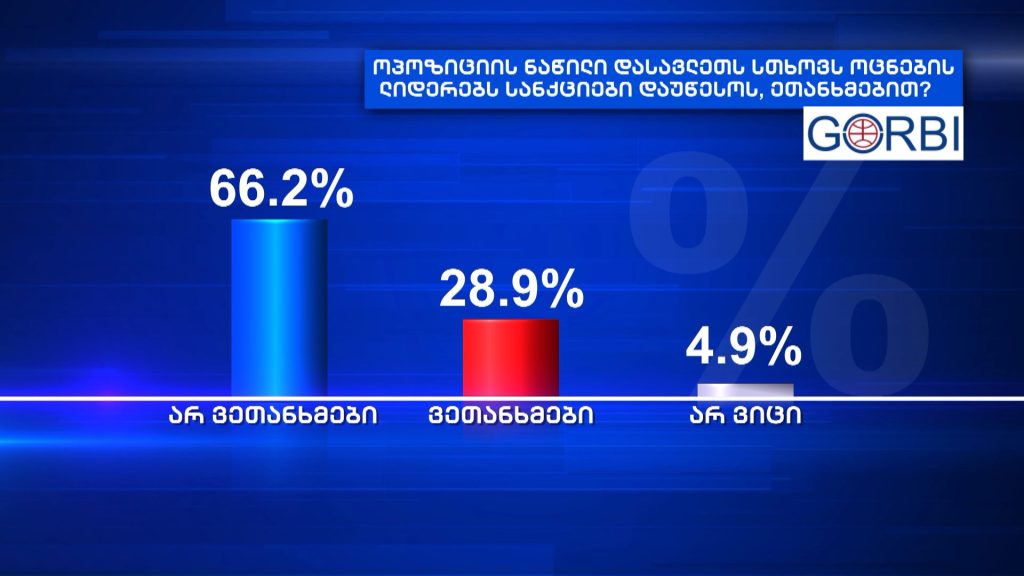
Question #2: Part of the opposition is asking the West to impose sanctions against the leaders of the Georgian Dream, do you agree with this?
Results: 28.9% of respondents agree; 66.2% disagree; 4.9% say they don’t know.
Question #3: Do you agree with the Georgian Dream policy of not dragging Georgia into the Russian-Ukrainian war?
Results: 77.6% t of respondents agree; 20.8% disagree; 1.6% don’t know.
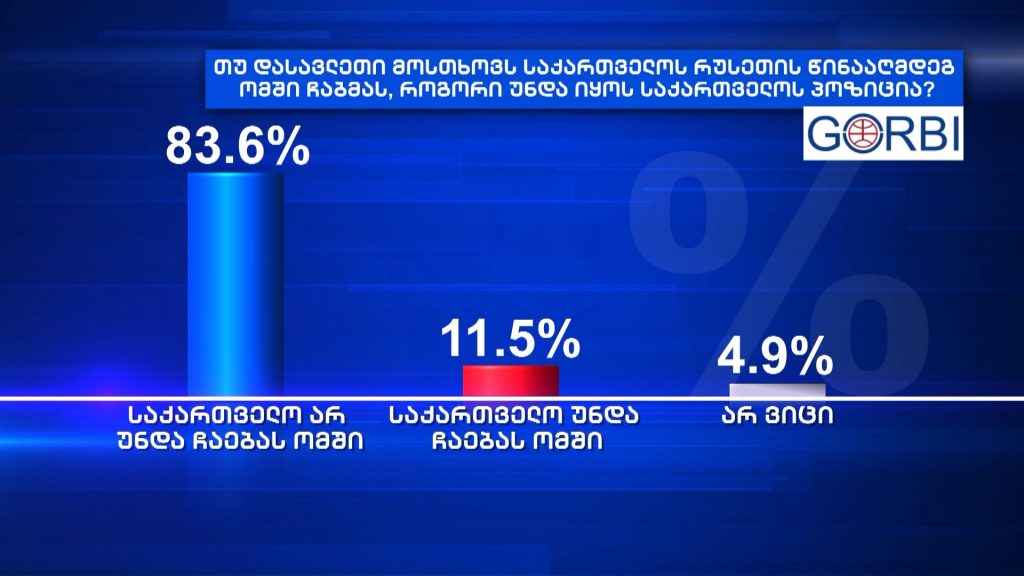
Question #4: If the West asks Georgia to join the war against Russia, what should it do?
Results: 11.5% of respondents believe that Georgia should be involved in the war; 83.6% believe that Georgia should not get involved in the war; 4.9% say they don’t know.
Question #5: Who wants to open a second front in Georgia the most?
Results:
- “National Movement” – 28.5%;
- Russia -12.4%;
- United States, 12.4%;
- Government of Ukraine – 8.6%;
- Government of Georgia – 2.1%;
- EU – 1.2%;
- No one – 12.6%;
- I don’t know – 22.2%.
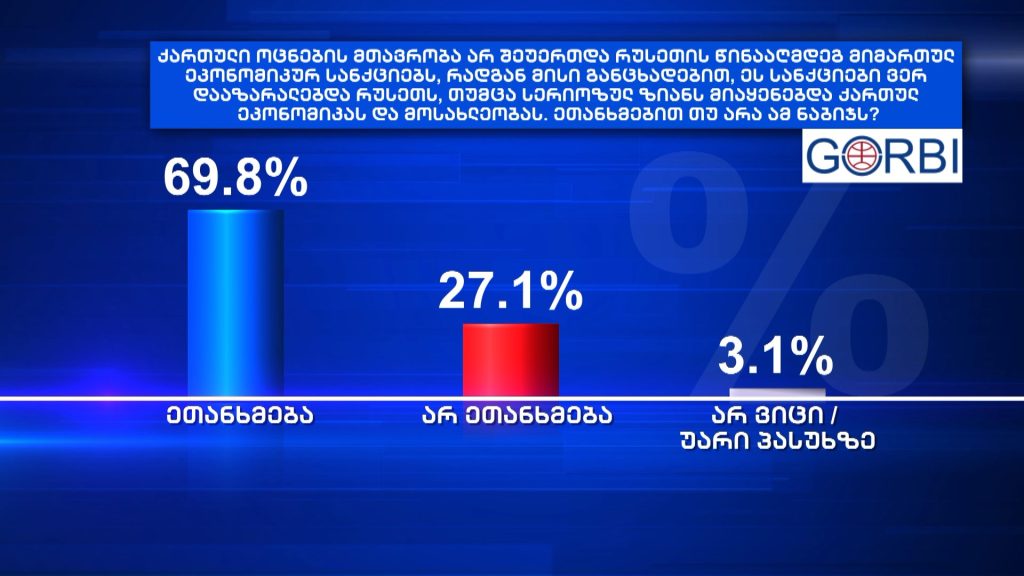
Question #6: The Georgian Dream government did not join the economic sanctions against Russia, because, in its opinion, these sanctions could not harm Russia, but would cause serious damage to the economy and the population of Georgia. Do you agree with this step?
Results:
- Agree – 69.8%;
- Disagree – 27.1%;
- Don’t know/refuse to answer – 3.1%.
Question #7: Do you think that Mikheil Saakashvili is serving his sentence fairly?
Results: 64.4 percent think it’s fair; 19.3 percent think it’s unfair; 16.3 percent say they don’t know or refuse to answer.
What assessments followed the study?
The announcement of the results of the study was accompanied by a heated discussion on social media. People wrote that this was a piece of Russian propaganda.
“If the West requires Georgia to join the war against Russia, what should be the position of Georgia be?”. I appeal to students and all those whom I taught research methods: this is a textbook example of how not to ask a question in research”, wrote sociologist Iago Kachkishvili.
“With this wording, the question violates even the minimum standards: a) is a guide (that is, pushes the respondent to the appropriate answer) and b) is a hypothetical question leading to an imaginary (virtual) reality”, he added.
According to the International Society for Fair Elections and Democracy (ISFED), the GORBI study combines a range of propaganda techniques common to authoritarian regimes:
“For example, inciting fear, forcing people to make a non-existent choice, create an image of the enemy, manipulate and deceive public opinion and attitudes”.
ISFED writes that this part of the study, for all its absurdity, is an attempt to turn the current anti-Western rhetoric into public opinion:
“The GORBI questions, which suggest that the West may want a war in Georgia, are in line with Russia’s constant attempts to blame the West for Russia’s war in Ukraine and then broadcast that narrative to Georgia.”
The study was ridiculed on social media. People speculated about what other questions could be in the survey:
“If the Martians attack us, what will be the reaction of the Georgian people – to get involved in the war or not?”
“If America asks us to eat khinkali with a fork, what will be the reaction of Georgia?”
“If Europe asks us to admit in exchange for membership that pizza is better than khachapuri, do you want such a Europe?”
The publication of the GORBI study was preceded by statements by Georgian Prime Minister Irakli Garibashvili. The prime minister said that Georgia does not want war, even if opening a second front is the price of being an EU candidate.
Garibashvili called the European Parliament resolution shameful, anti-Georgian and anti-state, saying that it was the fault of “irresponsible, harmful opposition politicians” who “travel to Europe and spread thousands of nonsense about our country.”
The Prime Minister’s statements and the GORBI study come at a time when Georgia is waiting for the decision of the European Commission to grant the country the status of an EU candidate.










